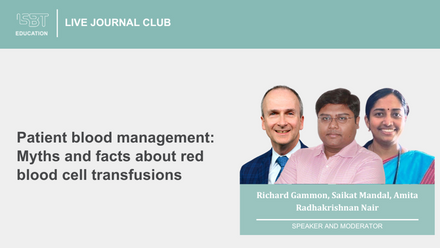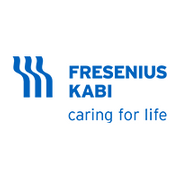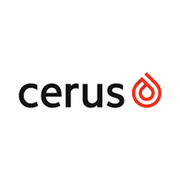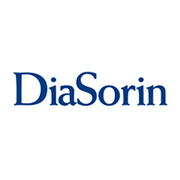The Blood Stop and Go session included the following presentations:
1. Tor Audun Hervig: Pre-Hospital Use of Blood Products
2. Saif Ali: A large multicentre evaluation of massive hemorrhage protocol performance and compliance across adult and pediatric hospitals
3. Laura Green: Massive transfusion - can we agree on a definition?
4. Sakara Hutspardol: Comparison of ROTEM and Conventional Coagulation Tests in Identifying Trauma-Induced Coagulopathy During Massive Hemorrhage Protocol
5. Helen Elizabeth Haysom: Did critically bleeding RhD negative patients receive RhD matched RBCs? Data from the Australian and New Zealand Massive Transfusion Registry
MODERATORS: Arwa Al-Riyami and Jouni Lauronen
After the presentation, there was a questions and answers session of about 5 minutes, which is also included in the recording.
Abstract
Pre-hospital use of blood components
T Hervig1
1Medical, Irish Blood Transfusion Service, Dublin, Ireland
Background: During the last decades, there has been a paradigm shift in the initial treatment of patients with critical haemorrhage. Whereas earlier clear fluids were considered the preferred choice, now early balanced resuscitation with blood components is shown to improve patient survival. “Early” is key: The importance of early intervention has led to major changes in both civilian and military transfusion practices: In the military settings the walking blood bank principle has been introduced and in civilian medicine pre-hospital transfusion has been introduced in many countries worldwide.
It is important to underline that the use of pre-hospital blood transfusion is controversial. Just as this abstract is prepared, on March 1, the Sixth Edition on European guidelines on management of major bleedings and coagulopathy is published in the Critical Care journal: “No clear recommendation or suggestion in favour or against the use of pre-hospital blood products can be provided at this time”. The aim of this presentation is accordingly to point to issues that must be clarified before the final recommendations are made.
During the last decades, there has been a paradigm shift in the initial treatment of patients with critical haemorrhage. Whereas earlier clear fluids were considered the preferred choice, now early balanced resuscitation with blood components is shown to improve patient survival. “Early” is key: The importance of early intervention has led to major changes in both civilian and military transfusion practices: In the military settings the walking blood bank principle has been introduced and in civilian medicine pre-hospital transfusion has been introduced in many countries worldwide.
It is important to underline that the use of pre-hospital blood transfusion is controversial. Just as this abstract is prepared, on March 1, the Sixth Edition on European guidelines on management of major bleedings and coagulopathy is published in the Critical Care journal: “No clear recommendation or suggestion in favour or against the use of pre-hospital blood products can be provided at this time”. The aim of this presentation is accordingly to point to issues that must be clarified before the final recommendations are made.
Aims
- Define the need for pre-hospital blood components
- Define the blood products that shall be used.
- Define the blood group criteria
- Define the need for training of personnel
- Ensure the storage conditions, resupply systems and cold chain requirements
- Documentation and haemovigilance
It is essential that the activities are documented in similar systems as for in-hospital transfusions.
Methods: See aims.
Results: See aims.
Summary/Conclusions: Each of these points will be illustrated by examples from personal experience and relevant literature. The presentation may be biased by case stories that ended well, and a provocative question may be: If the patient does need transfusion in-hospital, why not also pre-hospital?



















